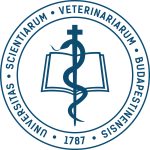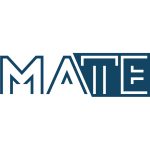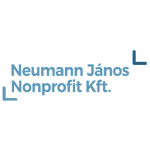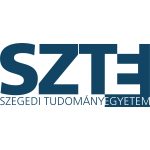NATIONAL LABORATORY FOR HEALTH SECURITY, HUNGARY
The vision of the National Laboratory is to provide the scientific basis for data and analysis-based decision making in the fields of health, disease control and ecosystems in Hungary. The three areas are closely intertwined and new synergies will be created through surveillance, big data methods and modelling.
NEWS

An African tick species may spread a deadly virus
Our colleagues, Éva Szabó and Gábor Földvári, talked about ticks on live television.
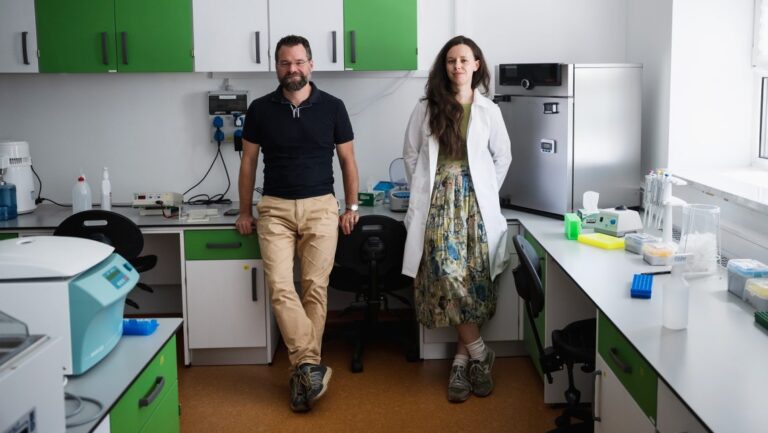
Hungarian researchers were only allowed onto the field wearing protective clothing due to infected ticks
Hyalomma ticks, which can spread Crimean-Congo hemorrhagic fever, are also appearing in Hungary: they run fast, see well, and chase their victims. Hungarian researchers visited the most infected region in the world on a study trip and shared their experiences with 24.hu, along with numerous photos and videos showing the Hyalomma ticks in close-up.

AI Summit Budapest 2025
The AI Summit Budapest has come to an end, bringing together those interested in artificial intelligence, experts, and leaders at three venues this year: the Museum of Ethnography, the Hungarian House of Music, and RTL Liget. More than 3,500 people attended the two-day conference, where they listened to hundreds of Hungarian and international speakers. Index reported on the conference.
Divisions
Our work integrates the competences of various disciplines through the application of mathematical methods for modelling infectious diseases: mathematics, epidemiology, biostatistics, data science, network science, medicine, systems biology, control theory, computer science, quantitative social sciences. We support preparedness, strategic planning, rapid response, and evidence informed decision making in health emergency through innovative surveillance systems and data guided analysis.
The goal the Division of Invasion Biology is to provide a coherent approach across disciplines to tackle the challenges of invasive species. With a particular focus on species that play a key nature conservation, economic or societal role, it will
i) document and continuously monitor invasion,
ii) understand the mechanisms behind invasion,
iii-iv) explore the ecological, social and economic impacts of invasion,
v) predict invasion processes, and
vi) test and develop methods for control of invasive species.
Division of Data-Driven Health
The Data-Driven Health Division is the domestic methodological hub for the globally trending shift to a data-driven healthcare paradigm.
Our primary objective is to promote the development of data-driven healthcare and artificial intelligence solutions in Hungary, with the driving force being our unique nationwide database integration solution on a global scale. Within our division, we focus on the development of artificial intelligence development, data mining frameworks, and on the establishment of decision support information systems. The collaborative social innovation work is implemented in partnership with Rényi Mathematical Research Institute and Neumann Not-for-profit Ltd.
Centre for Eco-Epidemiology
Our research aims to prevent infectious diseases emerging due to climate change and urbanization. We use the DAMA (Document, Assess, Monitor, Act) protocol to map the occurrence and risks of zoonotic pathogens spread by ticks in Hungary, and help prevent them. Our work ranges from ecological field activities to molecular biological technologies to sophisticated bioinformatics and epidemiological methods, but we also involve voluntary citizen science participants.








